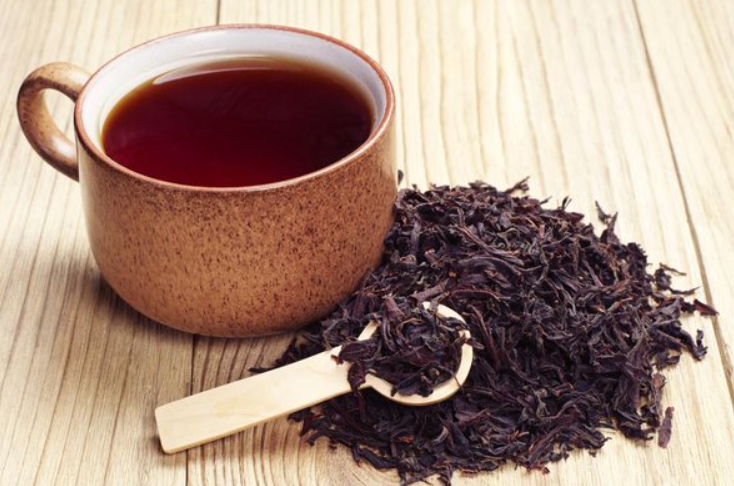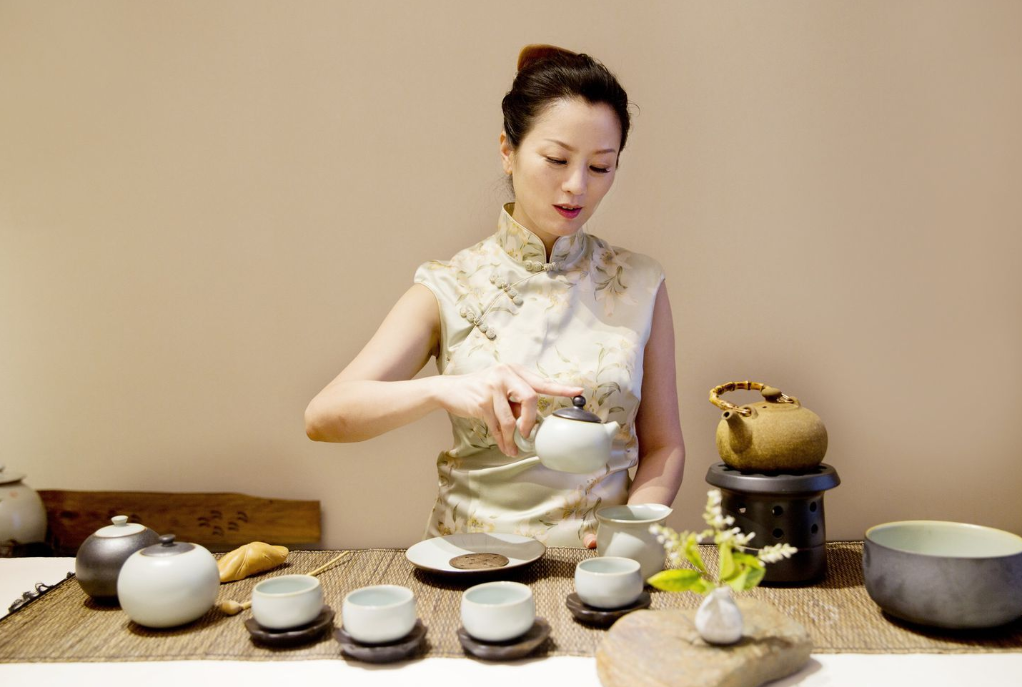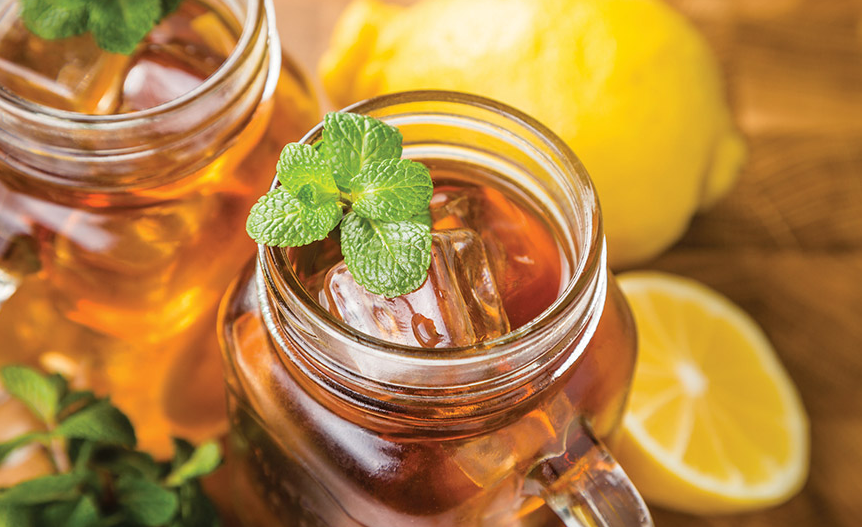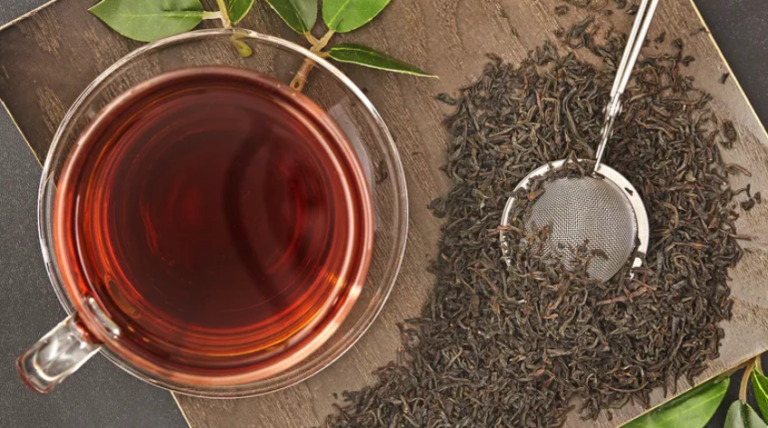Black tea, a beloved beverage enjoyed worldwide, is often associated with a robust, bold flavor. However, many tea enthusiasts have encountered a slightly bitter taste in their cups, leaving them wondering, “Is black tea bitter?“
The answer is not a simple yes or no. In this article, we’ll delve into the factors that contribute to black tea’s potential bitterness and explore ways to create a perfectly balanced, enjoyable cup.
Is Black Tea Bitter?
The Roots of Bitterness in Black Tea
To understand black tea’s bitterness, we must first unravel the complexities of its natural components. Black tea is derived from the leaves of the Camellia sinensis plant, and during the oxidation process, various compounds are formed that can influence the tea’s flavor profile.
- Polyphenols and Tannins: Polyphenols and tannins are natural compounds found in black tea that play a significant role in its taste. While these compounds are known for their beneficial antioxidant properties, they can also contribute to a slightly bitter or astringent taste, especially when present in higher concentrations.
- Caffeine and Theobromine: Black tea contains caffeine and theobromine, which are natural stimulants. While these compounds can provide an energizing kick, they can also impart a slightly bitter flavor to the tea.

The Brewing Technique: A Delicate Balance
Brewing black tea is an art, and the technique employed can significantly impact the final taste. Here, we’ll explore the factors that can influence bitterness during the brewing process.
Water Temperature
Finding the Sweet Spot
Using water that’s too hot can lead to over-extraction of the bitter compounds from the tea leaves. For most black teas, it’s recommended to brew with water between 195°F and 205°F (90°C and 96°C). Boiling water can result in a harsher, more bitter taste.
Steeping Time
Timing is Everything
Steeping black tea for too long can also contribute to bitterness. Generally, a steeping time of 3 to 5 minutes is recommended for most black teas. However, it’s essential to follow the specific instructions for the tea you’re brewing, as different varieties may have different optimal steeping times.

Tea Leaf Quality
Investing in Excellence
The quality of the tea leaves can also play a role in bitterness. Higher-quality tea leaves tend to have a smoother, more balanced flavor profile, while lower-quality leaves may be more prone to bitterness.
What to do with Used Tea Leaves?
How to Reduce the Bitterness in Black Tea?
If you find your black tea a bit too bitter for your liking, don’t worry – there are several tricks you can try to tame the bitterness and enjoy a more balanced cup.
- Adding a Sweetener: A small amount of sweetener, such as sugar, honey, or agave nectar, can help balance out the bitterness in black tea. Start with a small amount and adjust to your personal preference.
- Milk or Cream: Adding a splash of milk or cream to your black tea can also help mellow out any bitterness. This is a popular technique in many tea-drinking cultures, and it can create a delightfully smooth and creamy cup.
- Lemon or Lime: A squeeze of fresh lemon or lime juice can add a bright, citrusy note to your black tea, helping to cut through any bitterness. This technique is particularly popular in regions like India and the Middle East.

- Brewing Adjustments: If you’re still experiencing bitterness after trying the above methods, you can experiment with adjusting your brewing technique. Try using slightly cooler water, reducing the steeping time, or even using a different tea variety known for its smooth, mellow flavor.
Exploring Less Bitter Black Tea Varieties
While some black teas may tend towards bitterness, many varieties are known for their smoother, less bitter flavor profiles. Here are a few to consider:
Keemun Black Tea
Originating from China’s Anhui province, Keemun black tea is renowned for its smooth, slightly sweet taste with hints of chocolate and caramel. Its mellow flavor makes it a great choice for those seeking a less bitter black tea experience.
Darjeeling Black Tea
Darjeeling black teas, grown in the foothills of the Himalayas, are often described as having a delicate, floral aroma and a lighter, less astringent flavor compared to other black teas.

Yunnan Black Tea (Dianhong)
Yunnan black teas, or Dianhong, are known for their rich, malty, and slightly sweet flavor profile. Many Yunnan varieties have minimal bitterness, making them a popular choice for those who prefer a smoother cup.
Exploring the Health Benefits of Black Tea
Beyond its bold flavor, black tea offers a range of potential health benefits that make it a smart addition to your daily routine.
Antioxidant Powerhouse
Black tea is rich in polyphenolic compounds, including flavonoids and catechins, which act as powerful antioxidants. These compounds can help protect your body from oxidative stress and reduce the risk of chronic diseases.
Heart Health Support
Studies have suggested that regular consumption of black tea may contribute to improved heart health. The flavonoids in black tea can help lower blood pressure, reduce inflammation, and improve cholesterol levels, all of which can decrease the risk of cardiovascular disease.
Cognitive Boost
The caffeine and L-theanine content in black tea can provide a gentle cognitive boost, improving alertness, focus, and concentration without the jittery side effects often associated with coffee.
Potential Weight Management Aid
Black tea may also play a role in weight management. Some research suggests that the compounds in black tea can help boost metabolism and promote fat burning, potentially aiding in weight loss efforts.
Conclusion
In conclusion, black tea’s potential bitterness is a result of its natural compounds and the brewing techniques employed. While some bitterness is expected and even desired by many tea enthusiasts, there are ways to tame it and create a perfectly balanced cup.
By understanding the factors that contribute to bitterness and exploring different tea varieties and brewing methods, you can unlock the full depth of flavor that black tea has to offer.
So, embrace the bold taste of black tea, experiment with different approaches, and enjoy a delightful, satisfying sip every time.
